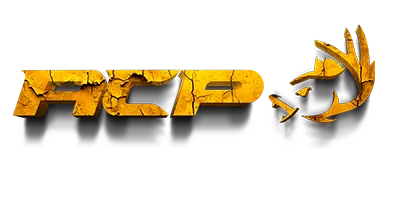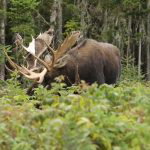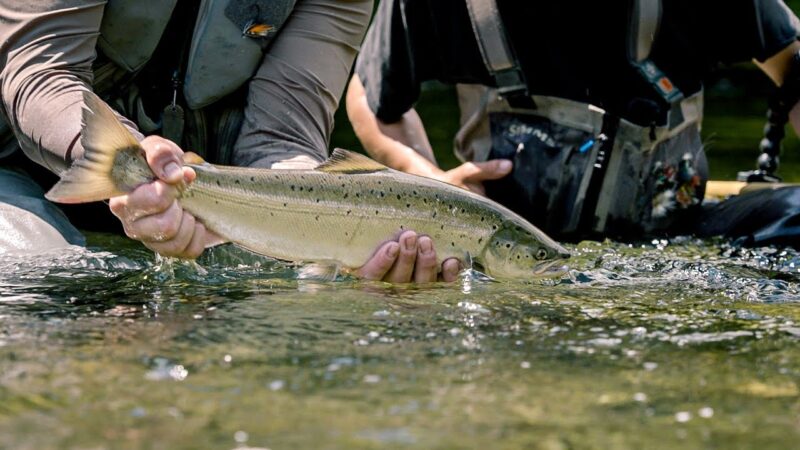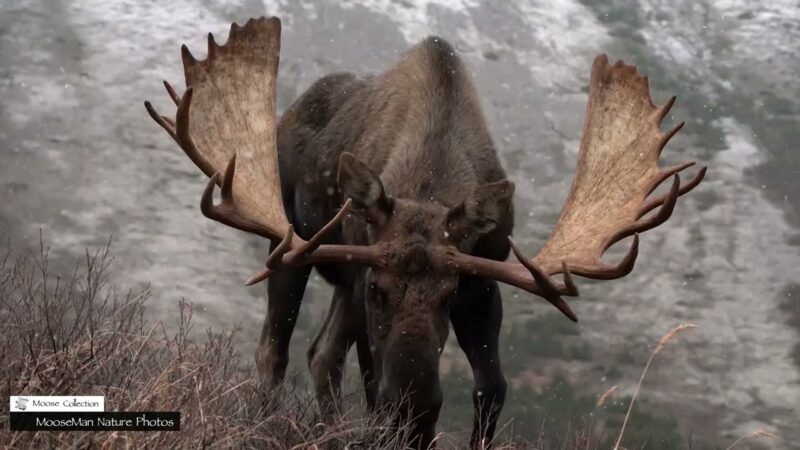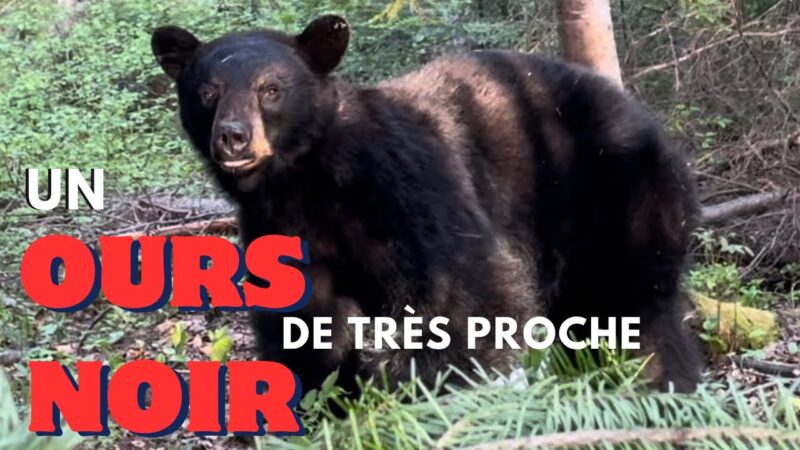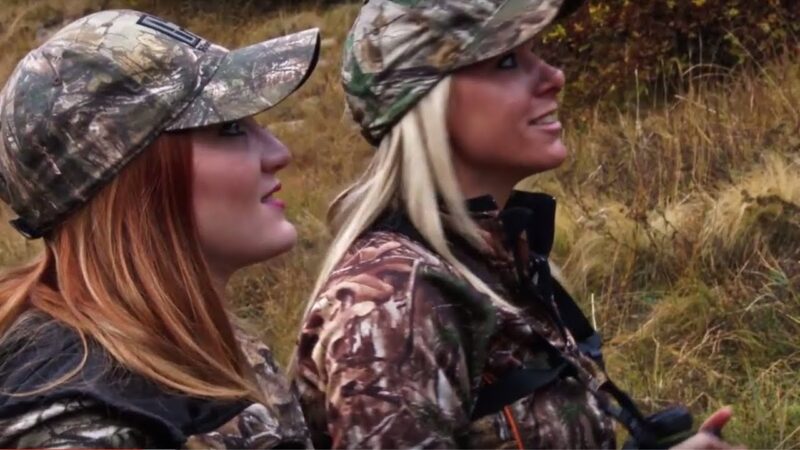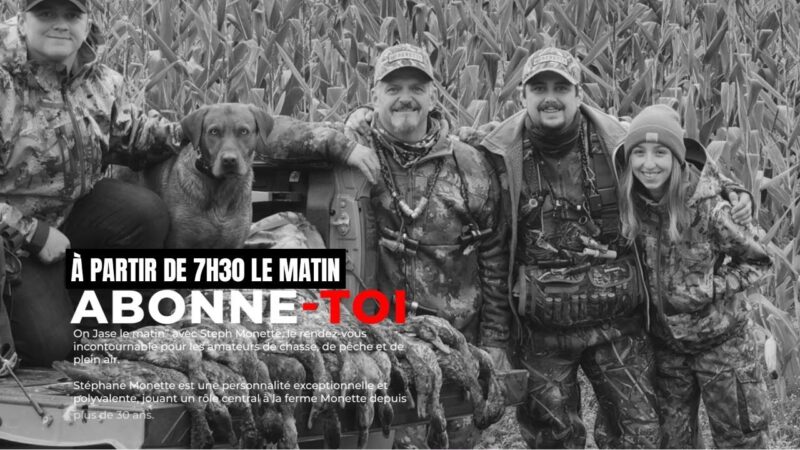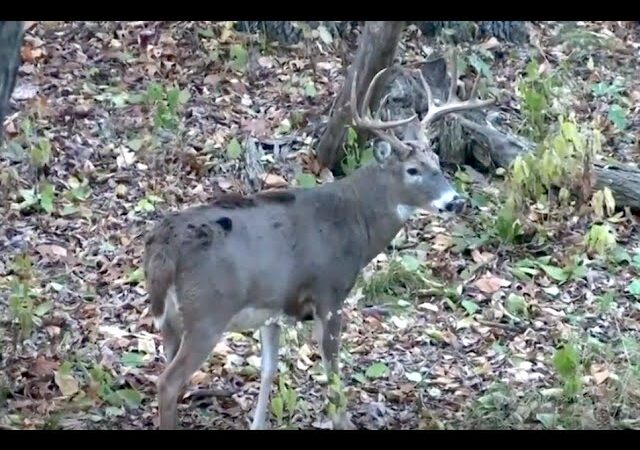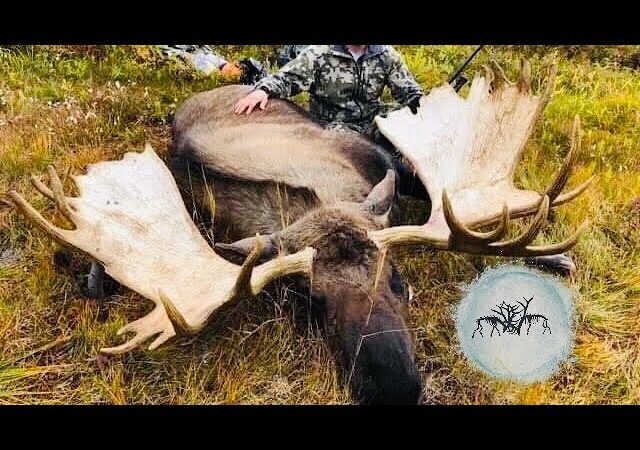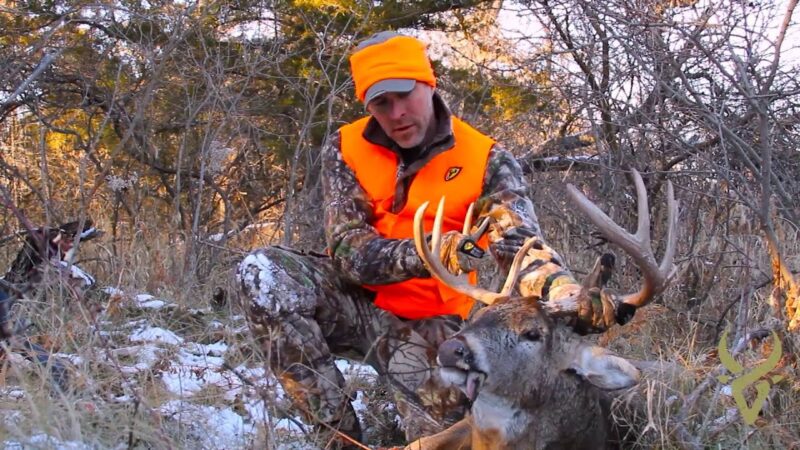Reviews
User Score
Rate This
Descriptions:
Le repo Orignal | Marc Gosselin photographe I invite you to order online now. Postage is free for Canada, Europe and the United States. You can also suggest ideas to appeal to a wider audience. For further information, please do not hesitate to contact me. Pleasure, Marc
What to eat on a Moose hunt
Hunting is a very demanding physical activity that consumes a lot of calories, especially in cold weather and on difficult terrain. A hunter’s caloric expenditure is very highThis is not surprising, given the need for long hikes, carrying equipment and the physical effort required to retrieve and dress game, especially large game. hunter wild sheep may require 8,000 calories a day, while deer hunters generally need between 4,000 and 6,000 calories to stay on the move, the importance nutrition for hunters. Food is the hunter’s fuel, and if it’s not good, physical and mental exhaustion will set in sooner than you think, but deciding what to eat on a hunting trip is not a matter of personal preference but of need. In this respect, feeding a hunter’ s caloric needs, body weight, weather, time of day and many other variables. quick guide to the most important nutritional facts while hunting, every hunter can follow these guidelines:
Food for hunters Moose hunting
Hunters’ food must be easy to carry and eat. It would be inconvenient to walk in the mountains with a backpack full of fresh food that needs to be cooked before eating while you’re on the trail Instead, high-calorie processed foods can be an option, especially for daytime snacks that need to be quick but provide good nutritional support. canned goods are also a good option if you know what to put in your bag.Keep in mind that carbohydrates are your brain’s fuel and your body’s main source of energy. So you’ll need to pack enough bread, crackers or cookies to tackle a hunting trail, but carbohydrates provide a fast-burning caloric load and you’ll need to include additional nutrients to achieve a healthy, quality diet while hunting.
Proteins and fats begin to play their role
This is where proteins and fats begin to play their role. Fats provide an enormous source of energy in relatively small portions. trend If you don’t want to feel hungry every half hour, don’t forget to include fats in your diet. This will help you recharge your energy deposits so you can cope with physical demands without having to eat every hour.It’s important to mention that fat in a hunter ‘s diet won’t increase his weight! People gain weight when they eat a rich diet. fat is associated with a sedentary lifestyle, but when you’re hiking and climbing, up and down streams and forests, fats won’t increase your weight but will keep you moving.However, not all fats are recommended, in fact, trans fats should be avoided, no matter how much energy you can get from them. On the contrary, vegetable fats, particularly polyunsaturated fats, are an excellent source of energy with no negative effects on your health. During the cold winter days, calorie intake needs to be augmented by fats to provide your body with enough fuel to keep the temperature stable.Protein is also crucial, but the timing of its inclusion in your diet is critical. In general, proteins are difficult for your body to process and have a high trend So it’s not a good idea to take protein in the middle of the hunt. installed at your camp or at home, proteins will give you a good energy boost, as well as the amino acids your body needs to recover for the next day. Finally, don’t forget to drink enough water. Dehydration is a hunter’s enemy, especially in cold weather when it’s harder to feel thirsty.SOURCE: ghilliesuitshop / https://www.ghilliesuitshop.com/blogs/ghillie-suit-shop-blog/what-to-eat-when-hunting
